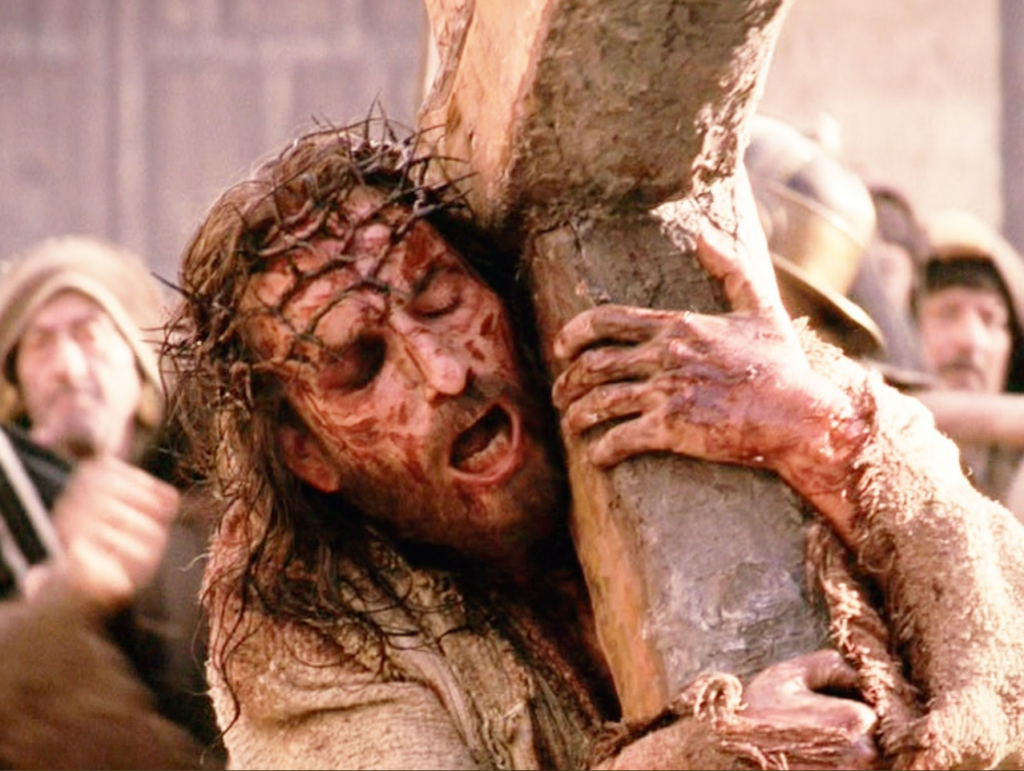
See, my servant shall prosper,
He shall be raised high and greatly exalted.
Even as many were amazed at Him
So marred was His look beyond human semblance
And His appearance beyond that of the sons of man
So shall He startle many nations,
Because of Him kings shall stand speechless;
For those who have not been told shall see,
Those who have not heard shall ponder it.
Who would believe what we have heard?
To whom has the arm of the LORD been revealed?
He grew up like a sapling before Him,
Like a shoot from the parched earth;
There was in him no stately bearing to make us look at Him,
Nor appearance that would attract us to him.
He was spurned and avoided by people,
A man of suffering, accustomed to infirmity,
One of those from whom people hide their faces,
Spurned, and we held him in no esteem
Yet it was our infirmities that He bore,
Our sufferings that he endured,
While we thought of Him as stricken,
As one smitten by God and afflicted.
But He was pierced for our offenses,
Crushed for our sins;
Upon Him was the chastisement that makes us whole,
By His stripes we were healed.
We had all gone astray like sheep,
Each following his own way;
But the LORD laid upon him
The guilt of us all.
Though He was harshly treated, He submitted
And opened not His mouth;
Like a lamb led to the slaughter
Or a sheep before the shearers,
He was silent and opened not His mouth.
Oppressed and condemned, He was taken away,
And who would have thought any more of His destiny?
When He was cut off from the land of the living,
And smitten for the sin of His people,
A grave was assigned Him among the wicked
And a burial place with evildoers,
Though He had done no wrong
Nor spoken any falsehood.
But the LORD was pleased
To crush Him in infirmity.
If He gives his life as an offering for sin,
He shall see his descendants in a long life,
And the will of the LORD shall be accomplished through Him.
Because of his affliction
He shall see the light in fullness of days;
Through His suffering, my servant shall justify many,
And their guilt He shall bear.
Therefore I will give Him his portion among the great,
And He shall divide the spoils with the mighty,
Because He surrendered Himself to death
And was counted among the wicked;
And He shall take away the sins of many,
And win pardon for their offenses.


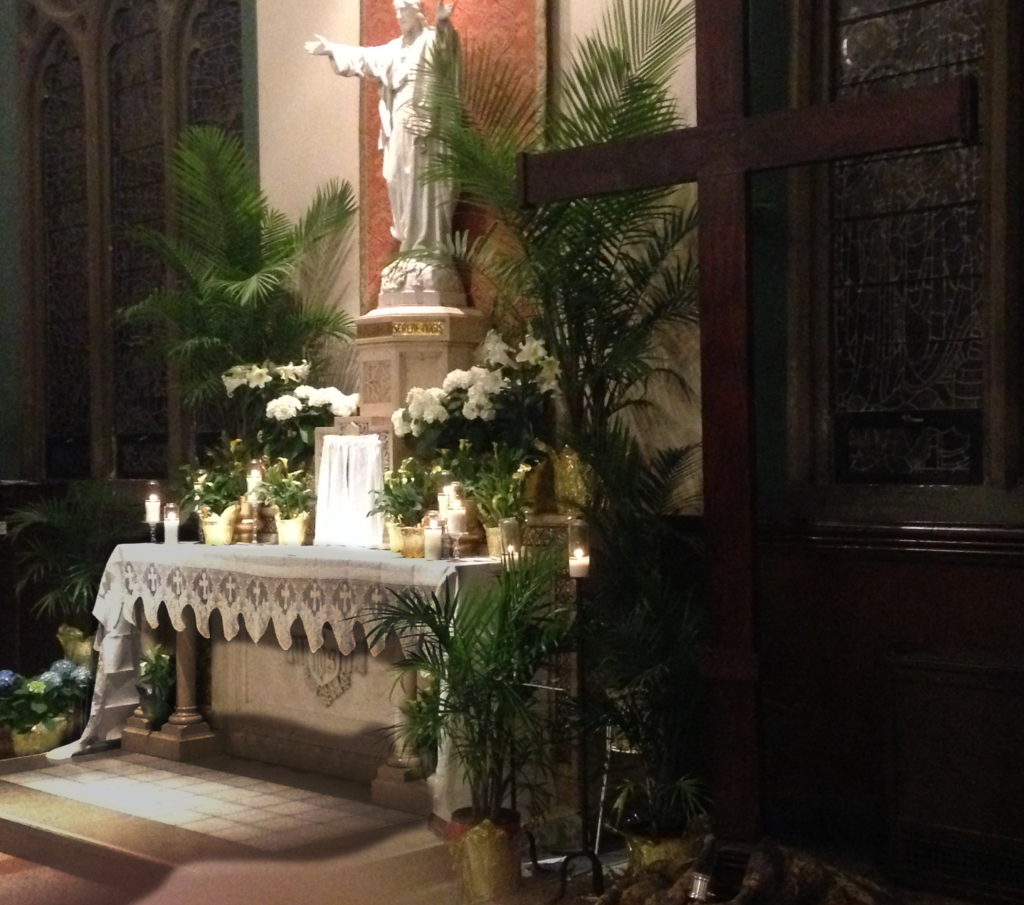
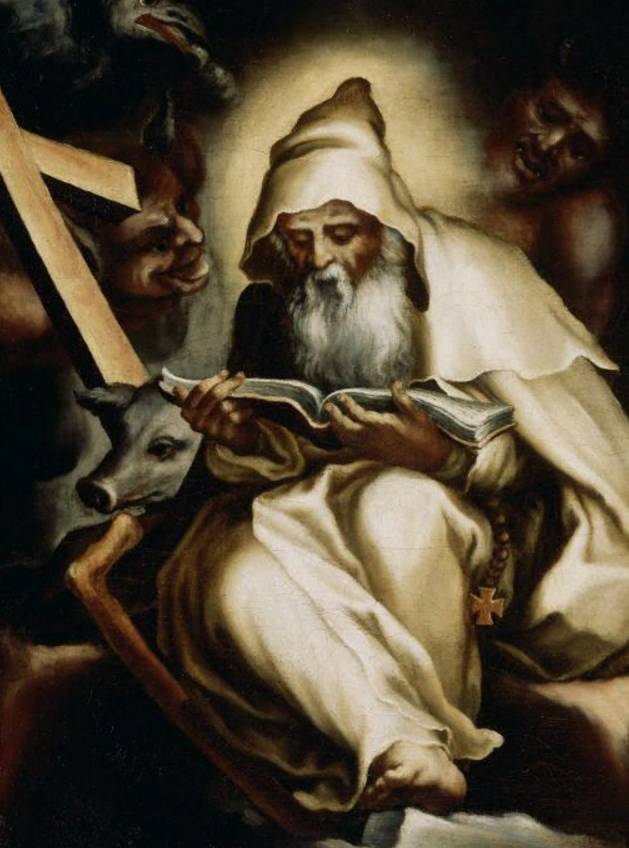
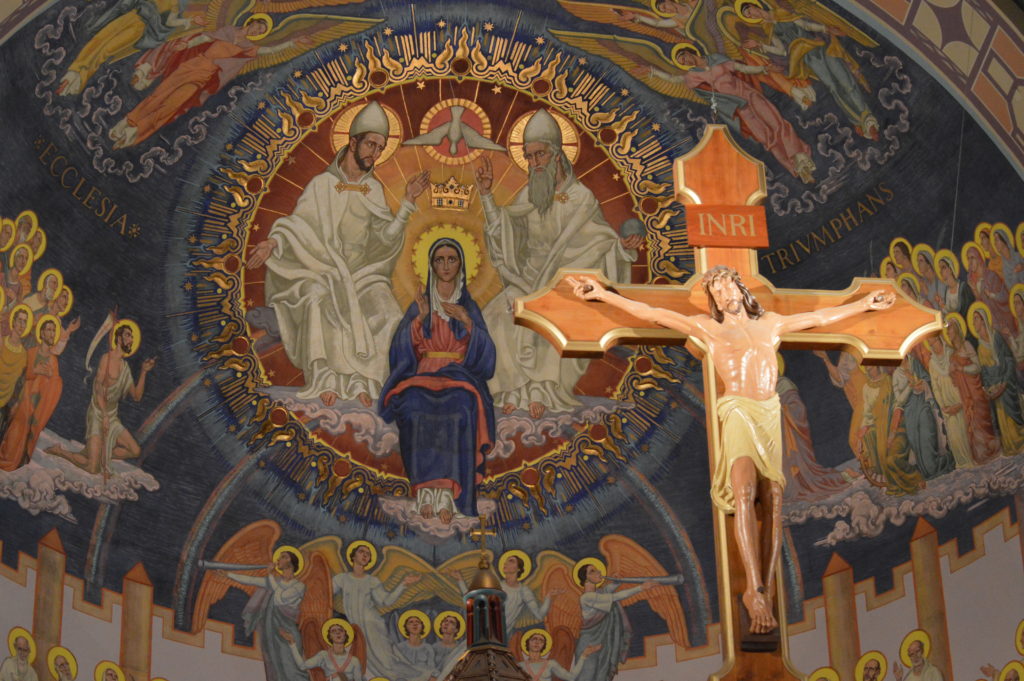
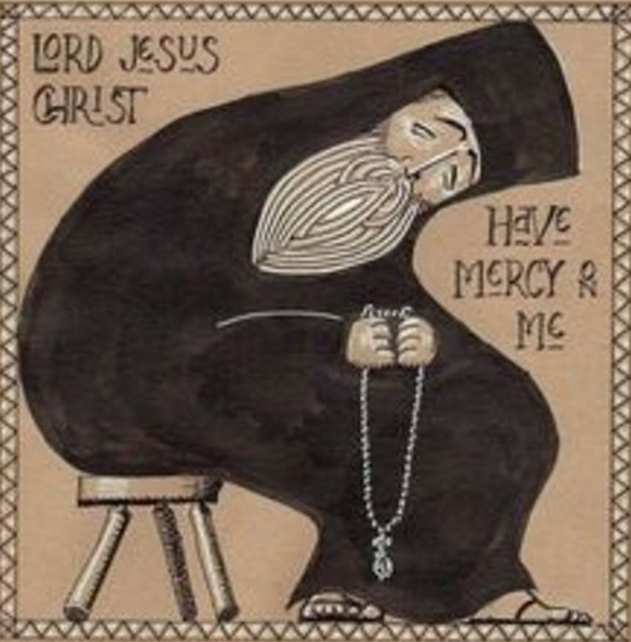
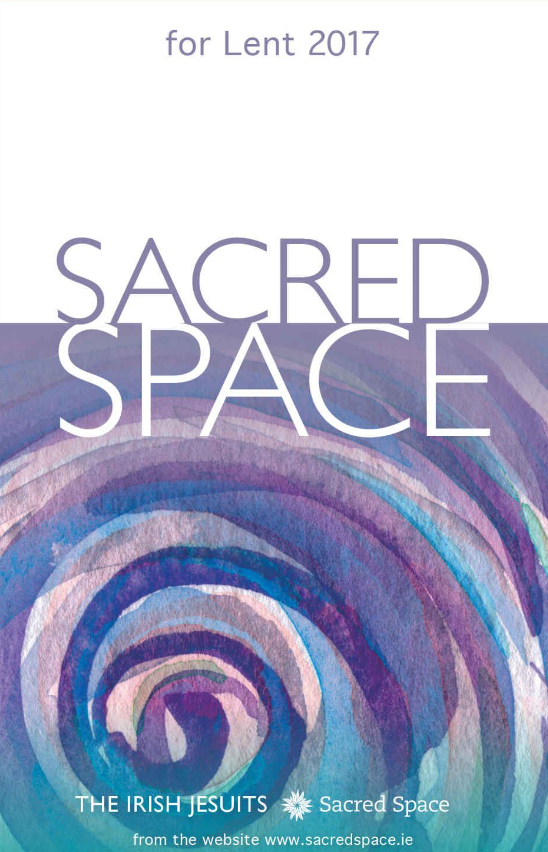
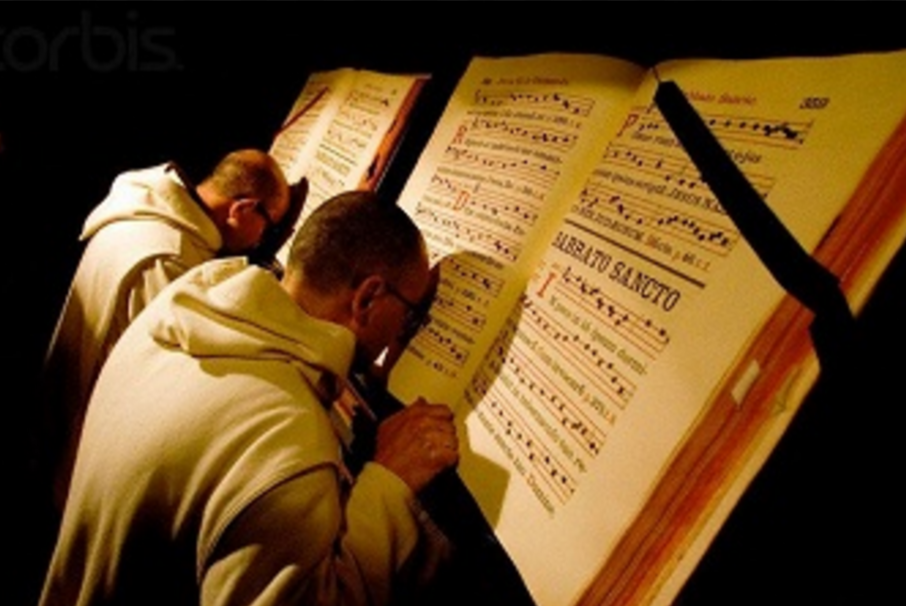
Recent Comments